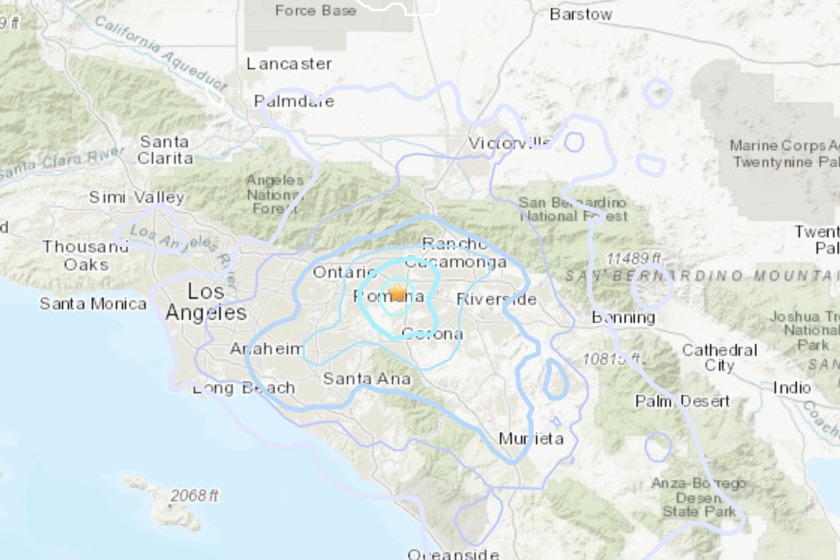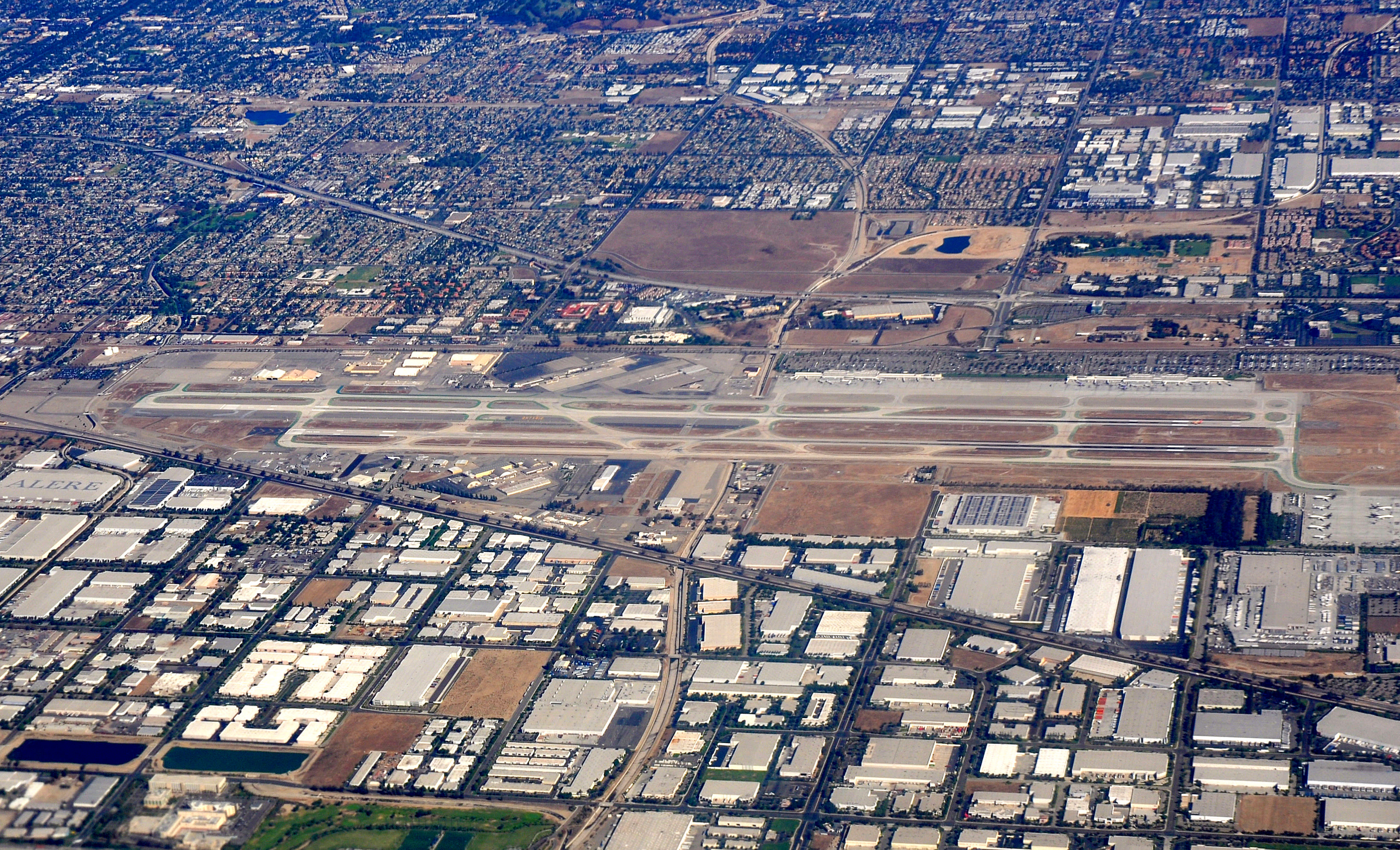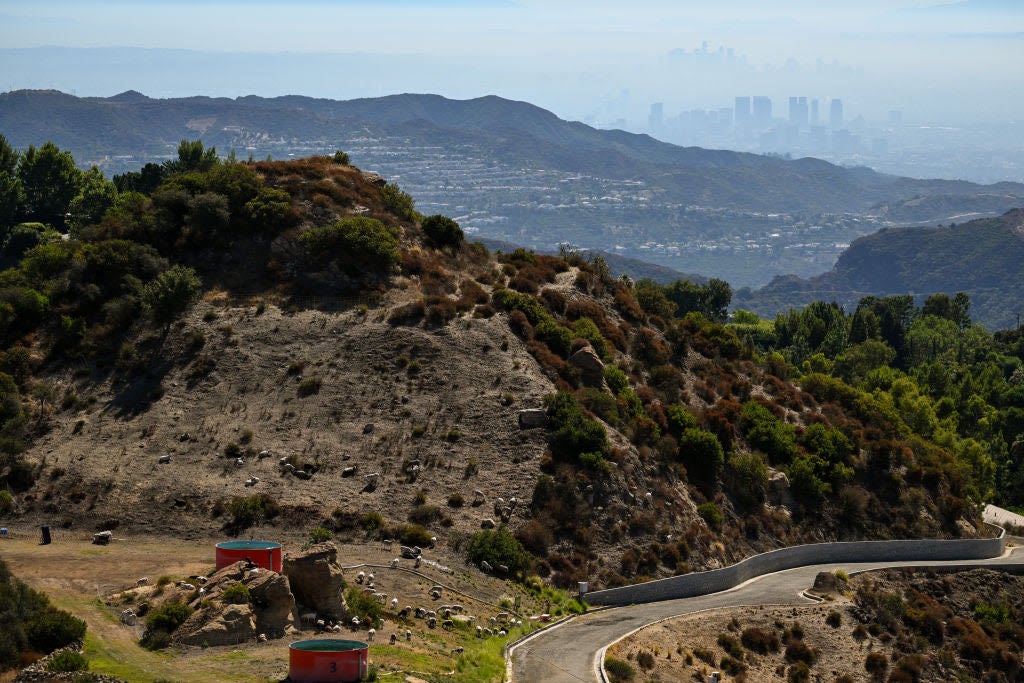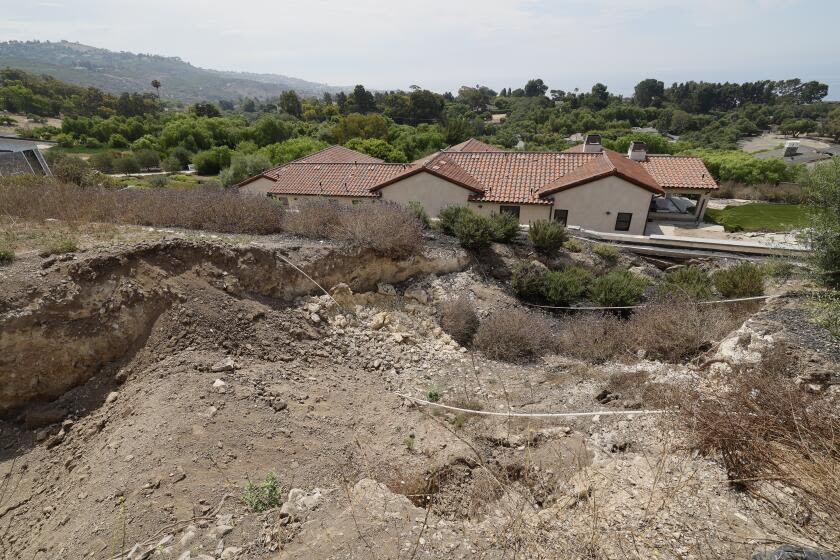Search results
News about Running Springs, Ontario, Alaska
Also in the news
An earthquake is the shaking of the surface of Earth resulting from a sudden release of energy in the lithosphere that creates seismic waves. Earthquakes may also be referred to as quakes, tremors, or temblors. The word tremor is also used for non-earthquake seismic rumbling.
Earthquakes occur when tectonic plates suddenly break free, so they start moving quickly. The first point of an earthquake's rupture is called its hypocenter or focus. The epicenter is the point at ground level directly above the hypocenter. People who study earthquakes are called seismologists.
Earthquakes (6.0+ Mw) between 1900 and 2017. Earthquakes are caused by movements within the Earth's crust and uppermost mantle. They range from weak events detectable only by seismometers, to sudden and violent events lasting many minutes which have caused some of the greatest disasters in human history.
Deep-focus earthquake, also called a plutonic earthquake, an earthquake with a depth exceeding 70 kilometres (43 mi). [5] Doublet earthquake, an earthquake that consists of at least two or more mainshocks of nearly identical magnitude, separated by a period of time. [6]
Aug 18, 2024 · Earthquake, any sudden shaking of the ground caused by the passage of seismic waves through Earth’s rocks. Earthquakes occur most often along geologic faults, narrow zones where rock masses move in relation to one another.
Sep 14, 2023 · In February 2023, a large area of Turkey and Syria was devastated by two major earthquakes that hit in close succession. As a geologist, I study the forces that cause earthquakes. Here’s why ...
An earthquake (also known as a quake, tremor or temblor) is the shaking of the surface of the Earth, resulting from the sudden release of energy in the Earth 's lithosphere that creates seismic waves.
Oct 19, 2023 · Hundreds of earthquakes occur on Earth everyday. Most of them are small, barely detectable by most people. But occasionally there is a much more significant quake. On average, a major earthquake —one with a magnitude of 7.0-7.9—strikes somewhere on the planet more than once a month.
An earthquake is caused by a sudden slip on a fault. The tectonic plates are always slowly moving, but they get stuck at their edges due to friction. When the stress on the edge overcomes the friction, there is an earthquake that releases energy in waves that travel through the earth's crust and cause the shaking that we feel.
An earthquake is what happens when two blocks of the earth suddenly slip past one another. The surface where they slip is called the fault or fault plane . The location below the earth’s surface where the earthquake starts is called the hypocenter , and the location directly above it on the surface of the earth is called the epicenter .




